

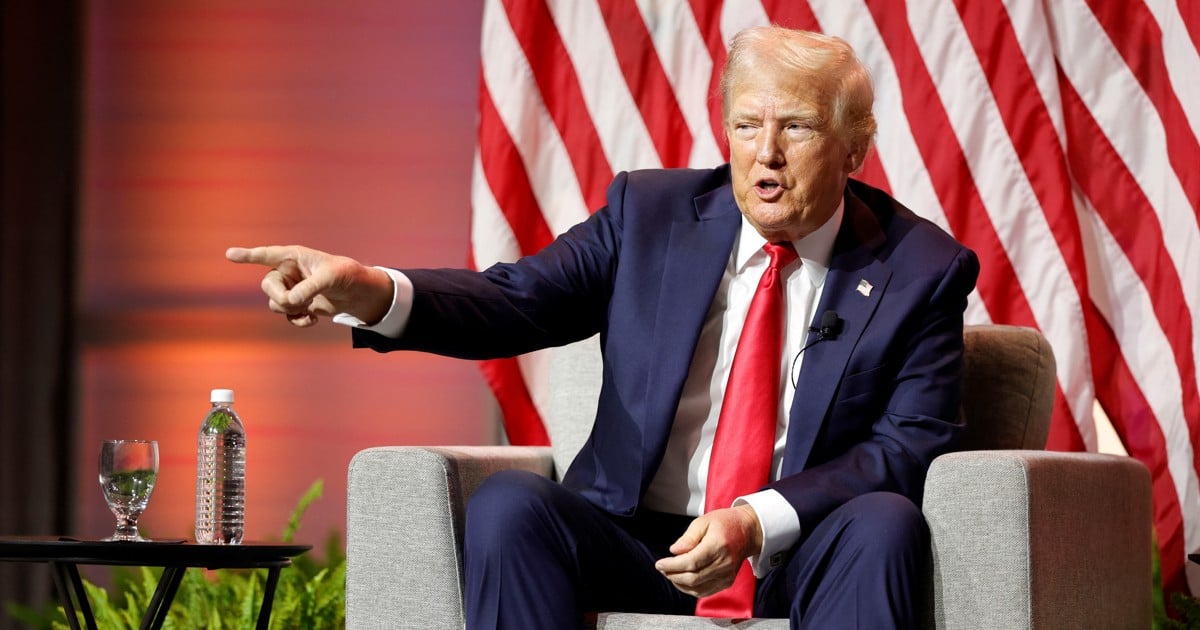
In a fiery post on his new social media platform, Donald Trump has warned BRICS countries against any attempts to move away from the US dollar in global trade. The former US President has threatened to impose 100% tariffs on these countries and cut off their access to the US market if they continue with plans to create an alternative currency. Trump's statements highlight the ongoing struggle between the US and emerging economies like India, China and Brazil, who seek to reduce their dependence on the US dollar and increase financial integration among BRICS nations.
BRICS: A Challenge to the US Dollar's Supremacy
The BRICS group, comprising Brazil, Russia, India, China, and South Africa, has emerged as a formidable economic force, collectively accounting for over a quarter of global GDP and a significant portion of world trade. In recent years, BRICS nations have made concerted efforts to reduce their dependence on the US dollar and promote financial integration within the group.
Trump's Threat: A Clash of Interests
Donald Trump's recent threats against BRICS countries stem from his belief that a move away from the US dollar would weaken American economic dominance. The US dollar has long served as the world's primary reserve currency, giving the US significant influence over global trade and finance. Trump's threat of tariffs and market access restrictions is an attempt to maintain this dominance.
BRICS's Push for an Alternative Currency
BRICS nations have long recognized the need for an alternative to the US dollar-dominated global financial system. The group has been exploring plans to create a new reserve currency backed by a basket of BRICS currencies. Such a currency would reduce their vulnerability to fluctuations in the US dollar's value and increase their ability to conduct trade and investment among themselves.
The Ongoing Struggle
The clash between the US and BRICS countries represents a broader geopolitical struggle between established powers and emerging economies seeking greater autonomy. While the US seeks to maintain its financial hegemony, BRICS nations are determined to diversify their economic options and reduce their reliance on the US dollar.
Top 5 FAQs:
1. What is BRICS? BRICS is an intergovernmental grouping of Brazil, Russia, India, China, and South Africa.
2. Why are BRICS countries seeking an alternative to the US dollar? BRICS countries want to reduce their dependence on the US dollar and increase financial integration among themselves.
3. What are the potential benefits of a BRICS reserve currency? A BRICS reserve currency could reduce vulnerability to fluctuations in the US dollar's value and facilitate trade and investment within the group.
4. What is Trump's stance on a BRICS reserve currency? Trump has threatened to impose tariffs and cut off market access to BRICS countries if they proceed with plans to create an alternative currency.
5. What is the geopolitical significance of the clash between the US and BRICS countries? The clash represents a broader struggle between established powers and emerging economies seeking greater autonomy.
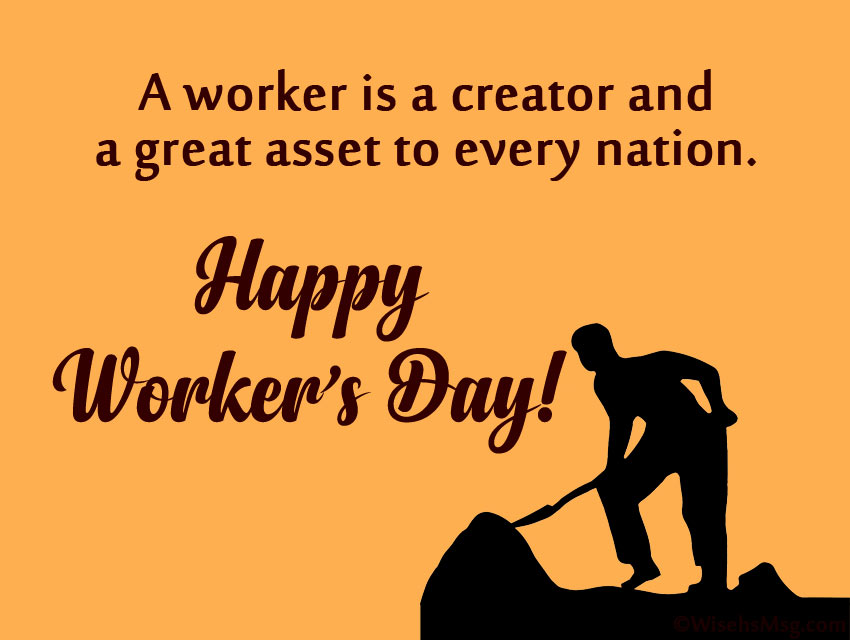
Every year on May 1, the world comes together to celebrate International Workers' Day and honor the hard-working individuals who contribute to the progress and prosperity of their countries. This year, let's take a moment to reflect on the significance of this day and show our appreciation to workers everywhere by sharing some inspiring quotes, messages, and wishes. From highlighting the importance of fair opportunities to recognizing the dedication and sacrifices of workers, these words will surely boost their morale and remind us of the valuable contributions of labor.
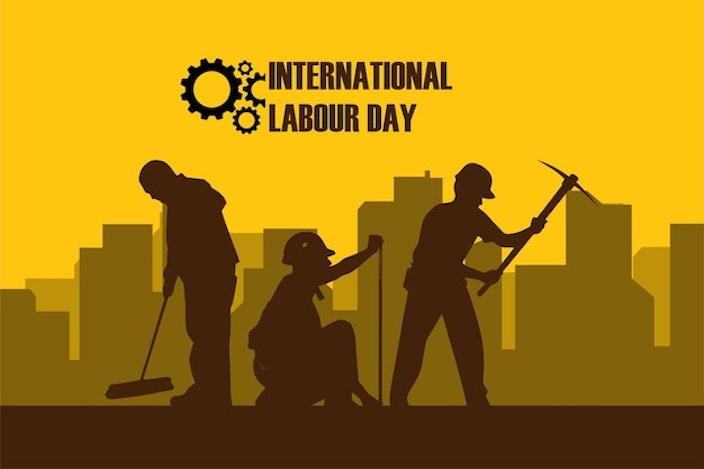
On May 1, people all over the world come together to celebrate International Labour Day, also known as May Day, to honor and recognize the tireless efforts of hardworking individuals who have shaped communities and economies. This day serves as a reminder to empower and advocate for workers' rights, fair wages, and improved working conditions. As iconic figures like Martin Luther King Jr., John F. Kennedy, Tim Notke, Maya Angelou, Van Jones, Conan O'Brien, Theodore Roosevelt, and Sophocles have said, it's through hard work and dedication that we progress and achieve great things.
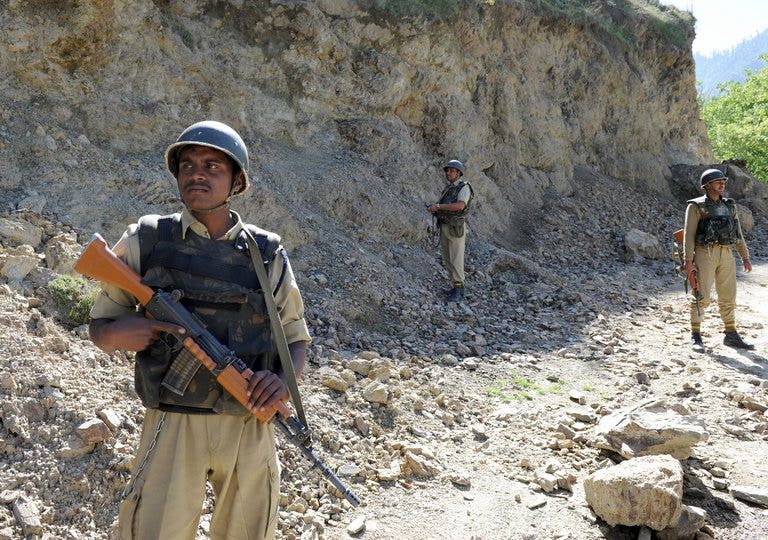
The tensions between India and Pakistan have heightened as the Pakistan Army has escalated its attacks on multiple locations along the Line of Control and the International Border. In response, the Indian Army and Border Security Force have swiftly and effectively retaliated to the unprovoked firing, while Pakistan has activated a wide stretch of its troops. Intelligence suggests that Pakistan has also further mobilised its divisions in anticipation of possible Indian retaliation. Despite the escalation, the Indian Army remains in firm control of the situation and is actively suppressing Pakistani firepower.
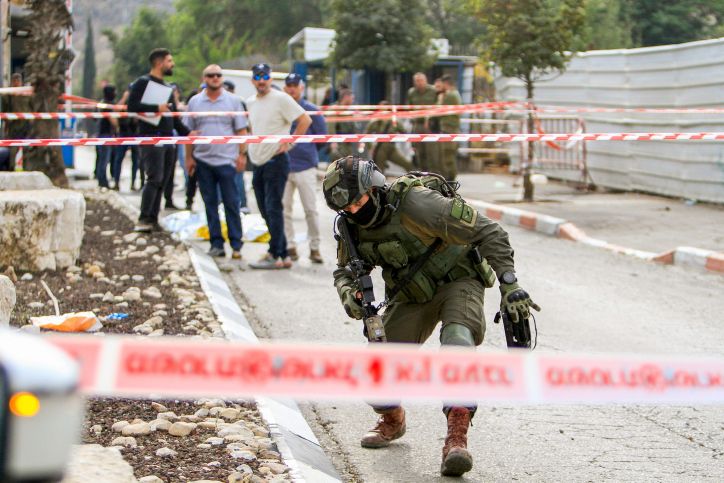
In the aftermath of the tragic terror attack on tourists in Kashmir's Pahalgam, Olympic bronze medallist wrestler Bajrang Punia expressed his sorrow over those who went in search of inner peace but met a brutal end. As the death toll rises and the nation reels from the horror of such senseless violence, the unrelenting hatred of such extremists is palpable. With officials linking the attack to a Pakistan-based terror outfit, the incident has sparked yet another tense moment in the ongoing conflict between India and its neighboring country.
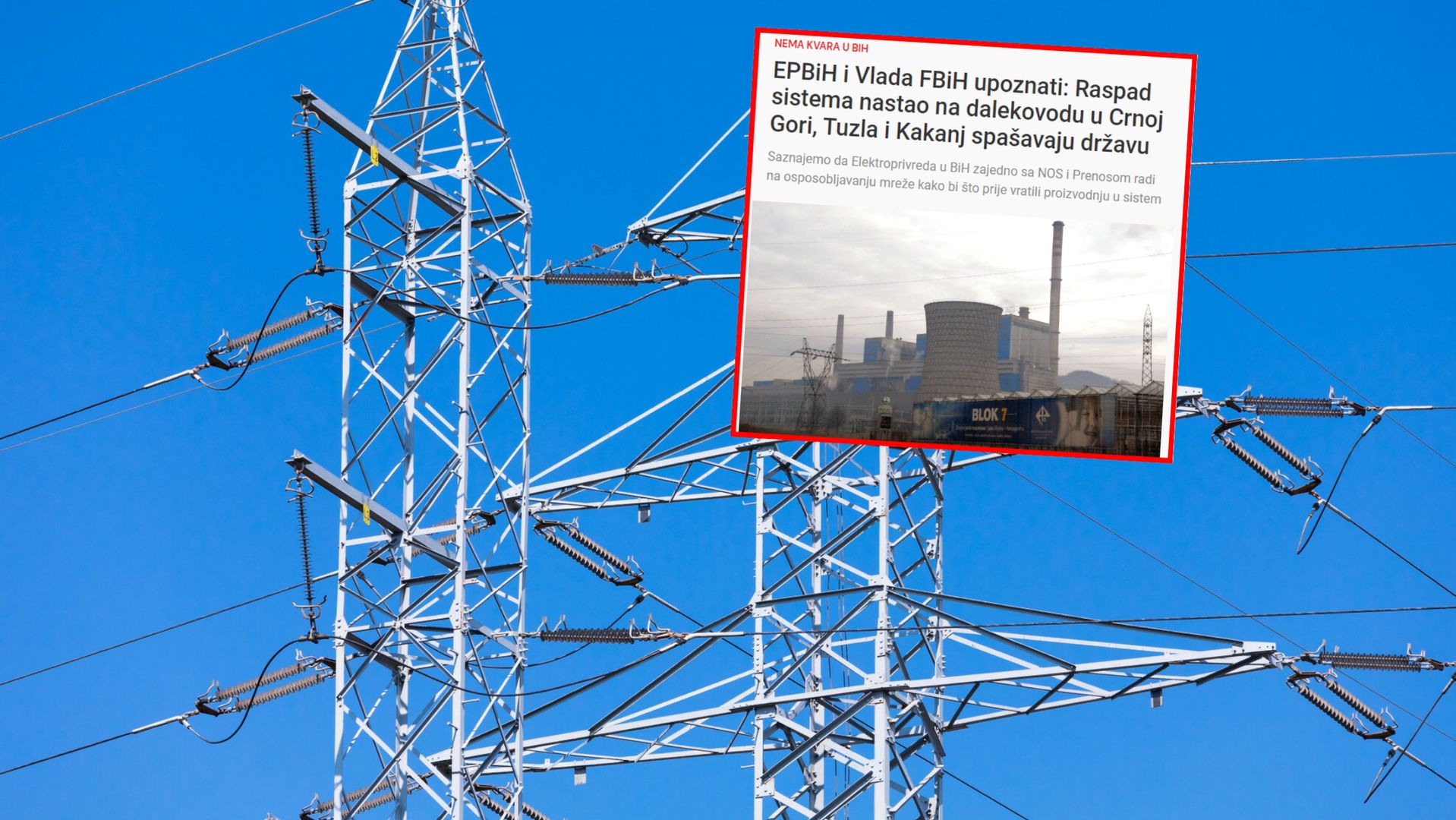
A widespread power cut in Western Europe has caused panic buying and chaos as 50 million people are left without electricity. Spain has declared a state of emergency and several other countries, including France and Portugal, have also been affected. Madrid's main airport has been hit, public transportation has come to a halt, and even airline operations have been disrupted. The situation is critical, with reports of one fatality and numerous cases of smoke inhalation due to a fire caused by the power cut. The Canary Islands have also been affected, with disruptions to their telecommunication systems.
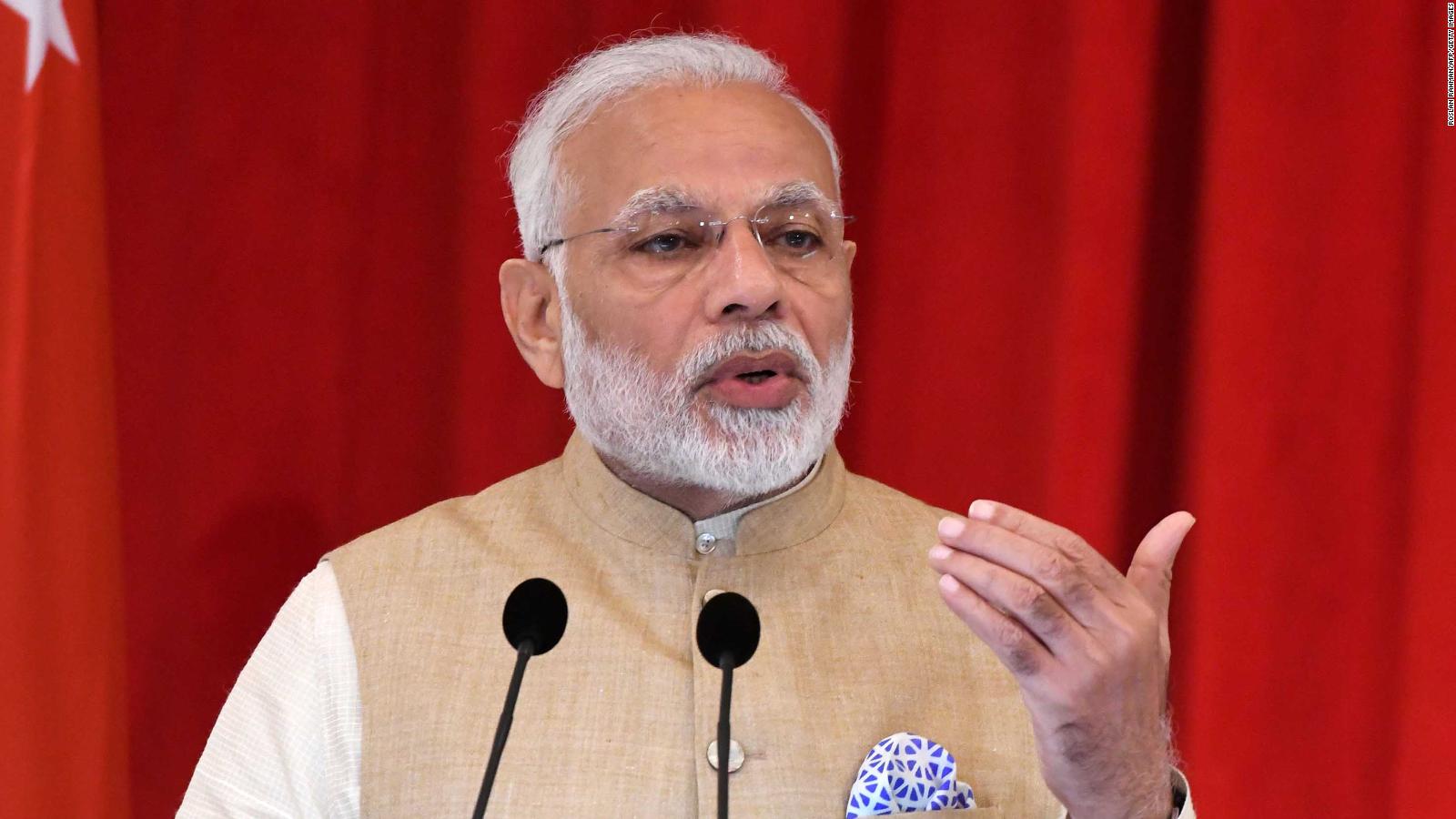
Prime Minister Narendra Modi and Defence Minister Rajnath Singh held a crucial meeting to review the security situation in Jammu and Kashmir following the recent terror attack in Pahalgam. The Prime Minister reiterated his commitment to delivering strong punishments to terrorists and their backers, while also reassuring the families of the victims. The attack, believed to be an attempt to disrupt the growth and progress of the region, has sparked international discussions, with Russia reaffirming its readiness to work with India to counter the global terrorist threat.
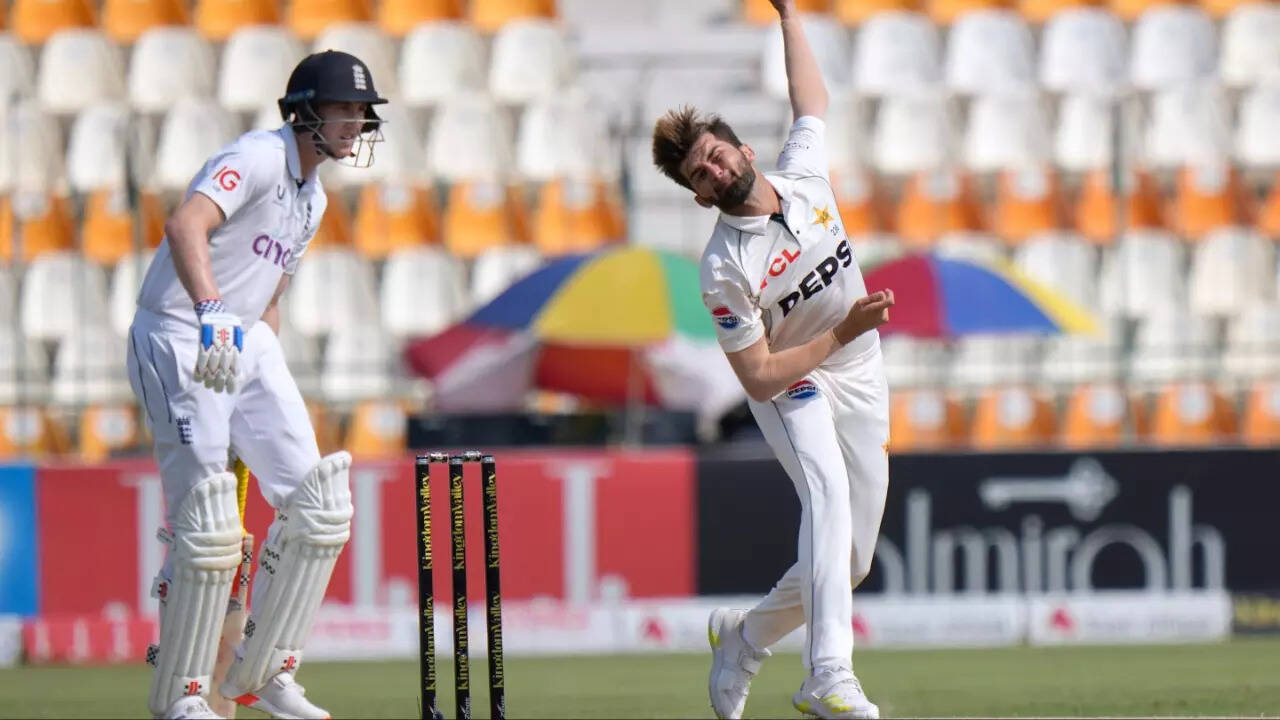
After the recent Pahalgam attack in Jammu and Kashmir, former Pakistan cricketer Shahid Afridi made controversial statements blaming India for the incident. He claimed that India promotes terrorism and kills its own people to put the blame on Pakistan. Afridi also expressed the need for sports diplomacy between the two countries and criticized India for not allowing the cricket team to travel to Pakistan. Despite his impressive career stats, Afridi's comments have sparked anger and backlash among Indians.

In response to the Pahalgam terror attack, the Indian government has taken further action against Pakistan by banning several Pakistani YouTube channels and top news networks in the country. These channels were found to be disseminating false narratives and misinformation against India, its Army and security agencies. This move is part of a series of non-military actions taken by the Indian government in the aftermath of the attack. Upon opening the banned YouTube channels, a message appears stating that the content is unavailable due to an order from the government related to national security or public order.
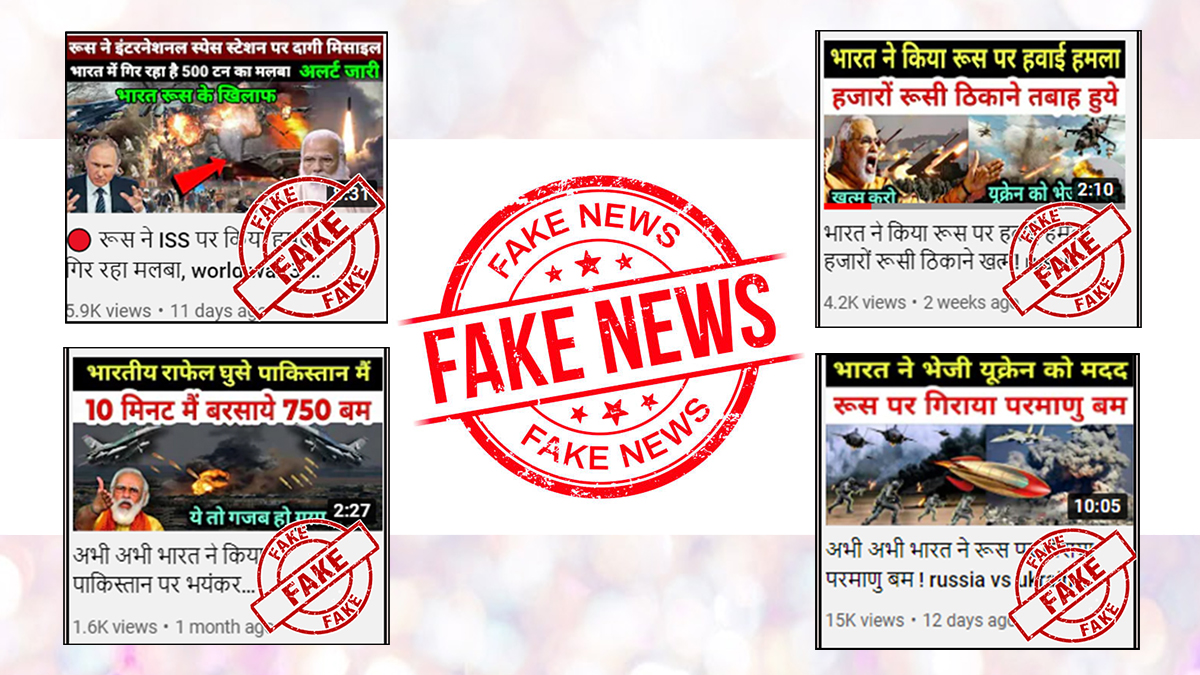
In response to the Pahalgam attack, the Indian government has blocked 16 Pakistan-based YouTube channels accused of spreading communally sensitive content. These channels had a combined total of 63 million subscribers. Meanwhile, Pakistani troops continued to violate ceasefire along the Line of Control. This follows heightened tension between India and Pakistan after the terror attack in Pahalgam.
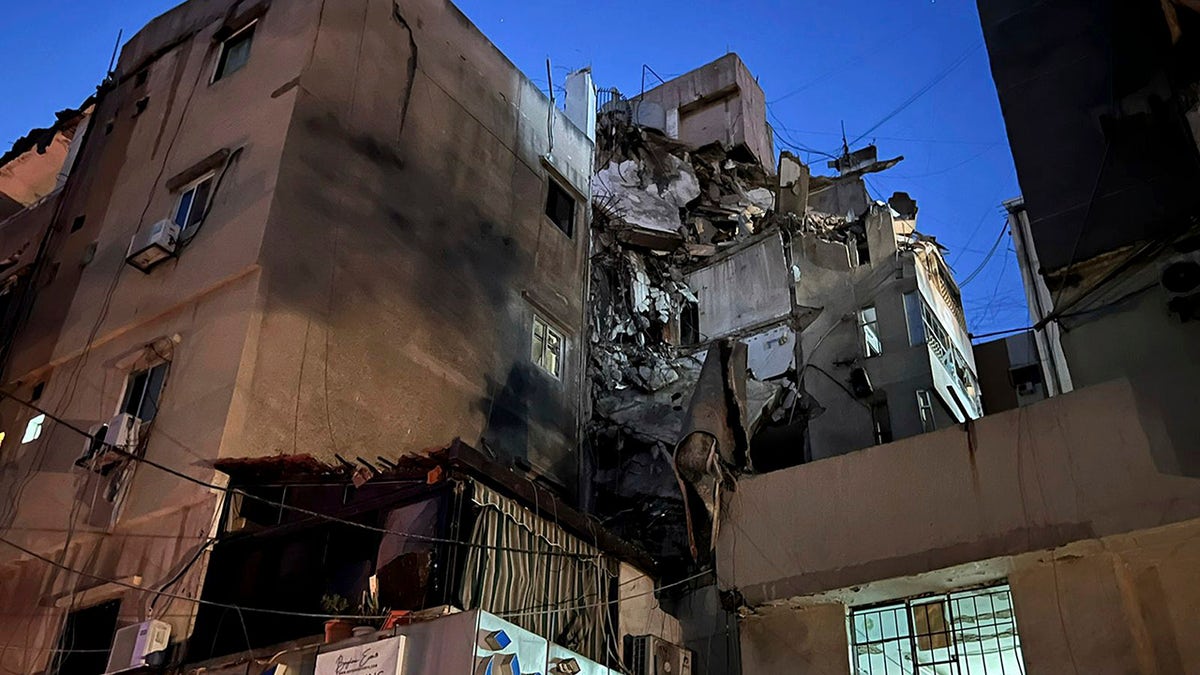
Tensions between Israel and Lebanon continue to escalate as Israel strikes South Beirut for the third time since the November 27 ceasefire. Lebanese President Joseph Aoun has called on France and the United States, who act as guarantors of the ceasefire, to put a stop to Israel's attacks. Israel claims the strikes are targeting Hezbollah's "precision-guided missiles," while Lebanon condemns them as a violation of the ceasefire agreement. The United Nations has appealed to both sides to halt any actions that could further escalate the situation.